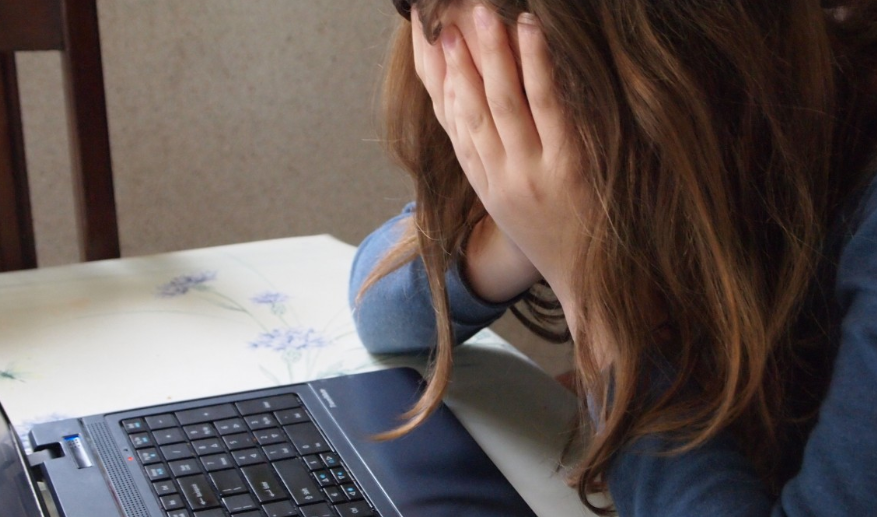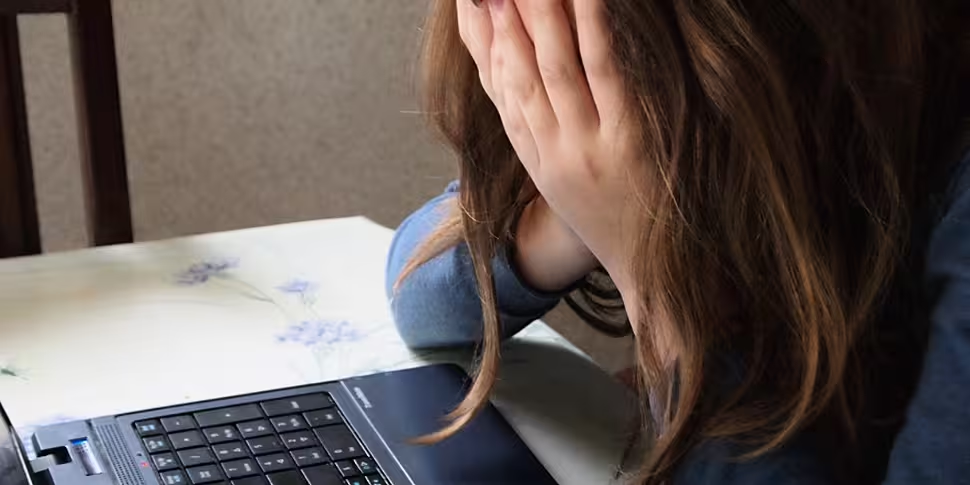
"It's this pressure to really be on and be responsive."
Three months ago you would've been very easily forgiven for never having heard of 'Zoom'.
Now, it's founder Eric Yuan is a billionare and companies across the globe are replacing office rooms with virtual meetings amid the spread of the coronavirus.
However, if you've ever left a zoom meeting feeling drained, or if you've ever rolled your eyes at the thought of yet another upcoming video chat, you're not alone.
Mental health and communications experts around the globe are warning of: "Zoom fatigue," or the feeling of tiredness, anxiousness or worry with the online chat.
"When we're on all these videos calls all day long, we're kind of chained to a screen," Suzanne Degges-White, a licensed counselor and chair of counseling and counselor education at Northern Illinois University told USA Today.
"It's just psychologically off-putting. I've got to show up again but the thing is, we're not really showing up anywhere," she said.
"It's this pressure to really be on and be responsive."
And it seems even social calls can have this effect, according to Jeremy Bailenson, the founding director of Stanford's Virtual Human Interaction Lab
"A lot of us are thinking I want social stuff to be fun and having to be locked in front of this computer ... it's just not how I want to be spending my time," Bailenson said.
Degges-White described it as more like an email chain than a normal conversation. One person speaks and everyone takes their turn and waits to reply.
"That's not normally the way we do social interactions," she said. "It's not that easy give and take."
Basically, people who are more shy and reserved may never get a word in, while more outgoing people could tend to take over the conversation.
Some tips to avoid this would be perhaps making some calls audio only, or even leaving some discussions for good old email.
Or if you are a natural talker, maybe be conscious of the fact you've been the only one speaking for the last five minutes.













